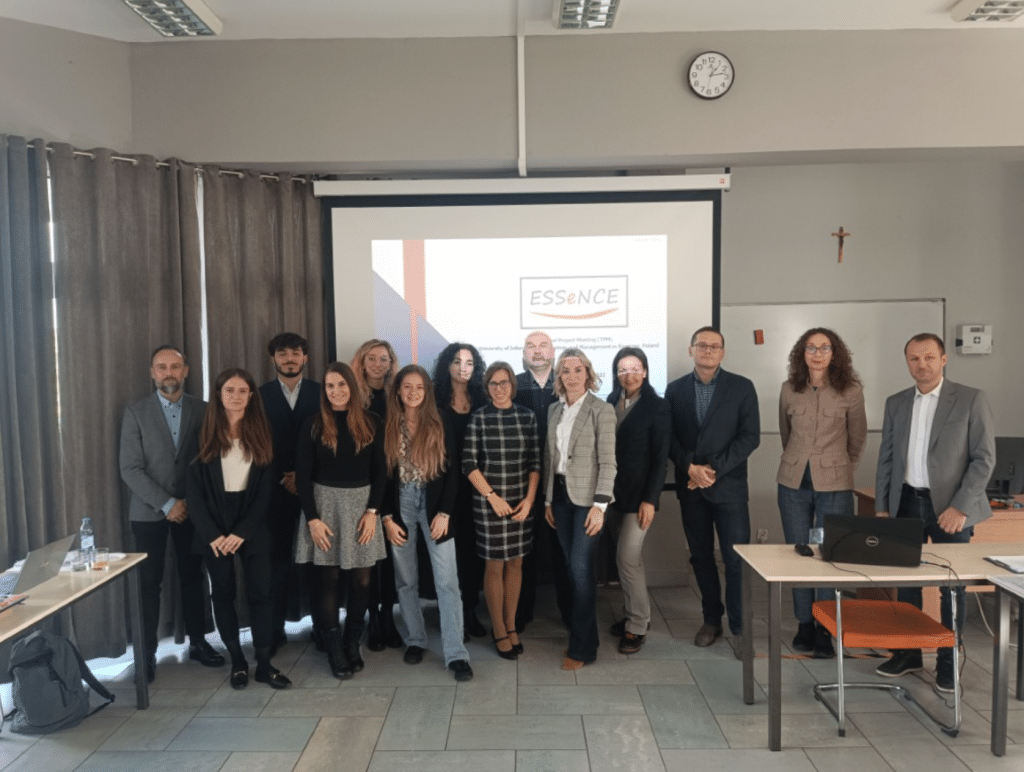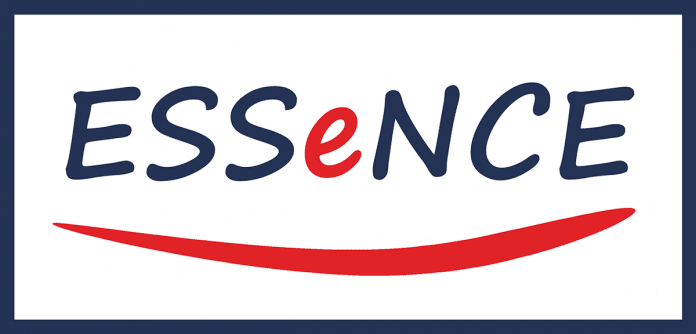ESSENCE – A Digital Way to Develop the Skills of the Future
Soft skills are becoming a necessity in today’s workforce. With the growth of emerging digital companies and the increased competition in the global job market, employees need to be well-rounded and have strong soft skills.
This article will explore the ESSENCE project, funded by the Erasmus+ programme, which aims to increase the employability of university students and its graduates through the development of soft skills.
Nowadays, it is crucial to match both technical knowledge and soft and intangible skills. To meet the demands of employers and recruiters connected with the most desirable competencies, the demand-driven employers’ perspective guided the structure of the courses.
GOALS – The Importance of Intangible Qualities

According to the research published by the World Economic Forum in 2016, in the era of digital automation and AI, career success factors are facing significant changes in all industries as time passes (especially in those with high technological coefficients).
Nowadays, strategic competitiveness depends more and more on intellectual capital assets: the fourth industrial revolution– where new technologies such as the Internet of Things (IoT), robotics, virtual reality (VR) and artificial intelligence (AI) dominate the world- hence the need to create new managerial talents that are also highly empowered on both technical knowledge and soft and intangible abilities.
ESSENCE project’s aim is to create a complete set of new soft abilities on the students and fresh graduates to enhance their educational and labour market competency.
In order to achieve this result, during the project partners developed training, courses, educational modules, content and, last but not least, 4 operational tools.
THE 4 INTELLECTUAL OUTPUTS
1 – OER Platform
The OER platform, available in seven languages, is meant to reach different international populations: students, trainers, and teachers who specialize in labour, business experts with substantial knowledge in HR and PR, entrepreneurs, and managing directors. The material has been transcoded into an e-learning format for the target groups and other stakeholders to benefit.
2 – Mapping the Soft Skills
The 2nd Intellectual Output linked soft skills with employability by mapping the most desirable soft skills among employers within the EU countries based on questionnaires distributed among the private sector and business associations.
3 – Toolkit to Learn New Abilities
For each soft skill identified as fundamental in the mapping’s process, a Training content is available, more specifically:
- Coordinating with others
- creativity
- emotional intelligence
- judgment and Decision-Making
- Complex Problem-Solving
- Critical Thinking
- Cognitive flexibility
- Go to the Essence Decision Games
4 – Guidelines and the Soft Skill Manifesto
In order to maintain project materials and dissemination after Erasmus + co-financing ended, intellectual output 4 consists of two components:
- The guidelines will aim to mainstream them and foster their use across geographic areas. You can find them here: Guidelines
- A soft skills manifesto, aimed at university administrations to encourage employability and empowerment of employees in the business community and organisation environment. You can download the pdf here: Manifesto




